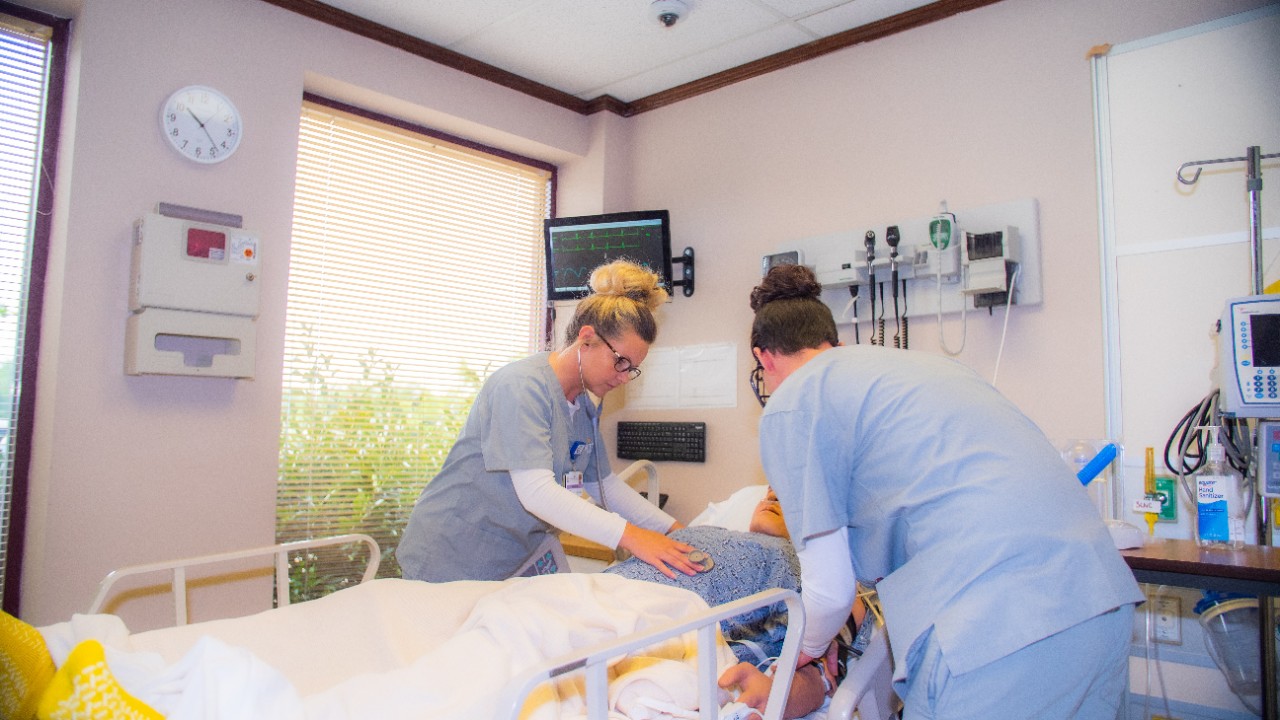You may not realize it, but the average individual changes careers or jobs 5-7 times during their working life. If you’ve been considering nursing as a second (or third) career, you’re not alone. Changing careers in midlife can feel intimidating, especially if you’re already well established and in your 30s, 40s, or 50s. But it’s not too late, and nursing can be rewarding.
If you already have a bachelor’s degree in another field, you may be able to become a nurse more quickly. But even if you don’t have some previous education under your belt, you likely have professional skills that transfer well.
Skills That Transfer to Nursing
Career experience. Even if your current job is quite different from nursing, you likely have career “competencies” that will serve you in a nursing career. These include skills like problem-solving, effective written and verbal communication, teamwork, work ethic, and the ability to work with different kinds of people.
People skills. Along the way, you’ve likely developed good people skills, whether that’s working in a team at your job, volunteering in your community, or helping out with your kids’ PTA organization. All these experiences boost your ability to communicate effectively with your colleagues and your patients.
Discipline and maturity. You may have spent years honing your ability to meet deadlines, work under pressure, and multi-task. These skills, along with the maturity of being an older student, serve you well in a second career. The larger task will be learning the specific material for nursing, but you’ve probably already acquired the soft skills that nurses need.
Jumpstarting a Nursing Career
You’ll need to figure out what skills you may already have and what you need to do to enter the nursing profession. The first step will be to find a program and apply.
Then, when you begin your nursing program, you’ll need to complete your coursework, which also includes hand-on preparation in simulation labs and completing a certain number of clinical hours.
After you earn your nursing degree, you’ll sit for a licensure exam in your state to qualify for your RN license. If you pass the exam, you then apply for a license from your state board of nursing to be able to practice in your state.
The good news is that all 50 states now practice reciprocity ever since NCLEX (National Council Licensure Examination) became standardized nationally. If your license is valid and you have clean disciplinary/legal record in your state, just apply and pay a fee to be granted another license in the state you desire.
These steps may sound daunting but figuring out the steps is manageable with help. If you’re interested in exploring nursing as a second career, Fortis is among the largest nursing education providers in America. Click here for more information on our nursing programs or call us today at (855) 436-7847 and speak to one of our admissions advisors.


